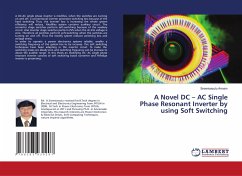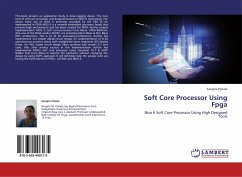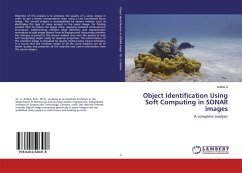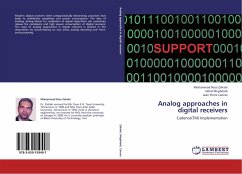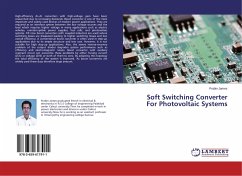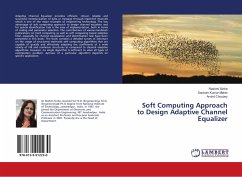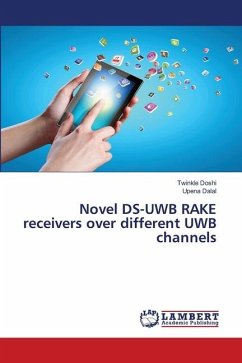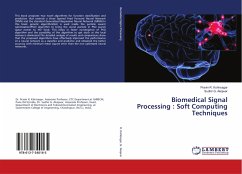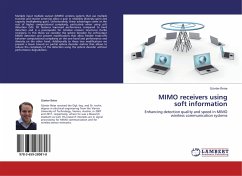
MIMO receivers using soft information
Enhancing detection quality and speed in MIMO wireless communication systems
Versandkostenfrei!
Versandfertig in 6-10 Tagen
32,99 €
inkl. MwSt.

PAYBACK Punkte
16 °P sammeln!
Multiple input multiple output (MIMO) wireless systems that use multiple transmit and receive antennas allow a gain in reliability (diversity gain) and capacity (multiplexing gain). Unfortunately, these advantages come at the cost of higher computational complexity, particularly when using soft detection (SD). SD features improved performance compared to hard detection and is a prerequisite for iterative receiver structures (turbo receivers). In this thesis we consider the sphere decoder for soft-output MIMO detection and present modifications that allow flexible trade-offs between computation...
Multiple input multiple output (MIMO) wireless systems that use multiple transmit and receive antennas allow a gain in reliability (diversity gain) and capacity (multiplexing gain). Unfortunately, these advantages come at the cost of higher computational complexity, particularly when using soft detection (SD). SD features improved performance compared to hard detection and is a prerequisite for iterative receiver structures (turbo receivers). In this thesis we consider the sphere decoder for soft-output MIMO detection and present modifications that allow flexible trade-offs between computational complexity on the one hand and performance and diversity on the other hand. Additionally to these two modifications we present a lower bound on partial sphere decoder metrics that allows to reduce the complexity of the detection using the sphere decoder without performance degradation.




